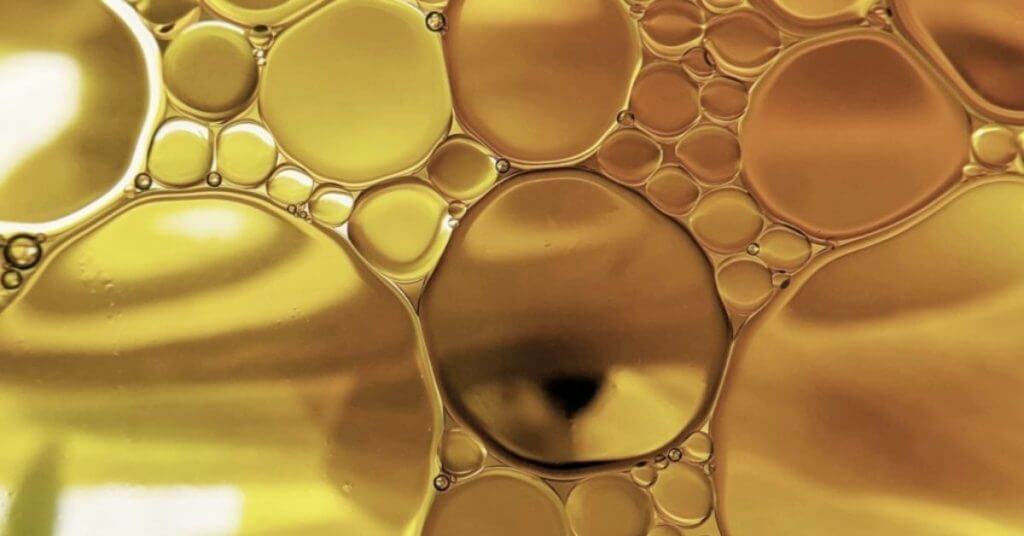Zero Acre Farms, a San Francisco startup, has a major mission: to disrupt vegetable oils with a fermented, more sustainable, and healthier alternative. According to the company’s founders, their palm oil and maize oil substitute would help battle deforestation and the slew of health problems that our reliance on cheap vegetable fats has caused—over 20% of daily calories currently originate from these oils.
In a Series A round managed by Lowercarbon Capital, the startup secured $37 million from a number of high-profile investors, including Coldplay, Robert Downey Jr.’s FootPrint Coalition, celebrity chef Dan Barber, Dr Andrew Weil, and Richard Branson and his family.
Vegetable Oils
According to Zero Acre, vegetable oils are responsible for up to one-fifth of all dietary calories, which are applied to everything from snacks to pans before cooking. These all-pervasive fats are wreaking havoc on our health. The company sells a vegetable oil alternative made through fermentation and microbe feeding that has more nutritional content and a lower carbon impact. “It’s like creating beer, only instead of ethanol, the bacteria generate a lot of oil and fat,” CEO and co-founder Jeff Nobbs told TechCrunch.
The Potential of Fermentation
Zero Acre has chosen certain microorganism strains that can store oils and fats. They may generate large amounts of clean oil if they are fed the correct diet. “We’re not creating a synthetic oil that’s ‘only’ better for the environment… It’s a new category of oils and fats, we can make compositions that are more suitable for food and better for people. It’s a 1:1 replacement, not like using almond flour instead of wheat flour — you just use it instead of whatever product you’re replacing,” Nobbs stated.
This explanation is necessary, and Nobbs has taken great effort to sell the product to a certain demographic. It would be very hard to take over the big companies given the scope of commercial oil activities, particularly palm oil. To compete in terms of cost, a fermented product would now require tremendous scale, which is why Zero Acre has focused on the ethical consumer demographic—those who buy organic fruit, fair trade items, and more expensive plant-based products. Chefs might be a good target market, too, because the product emits fewer toxic vapors at high temperatures.
The fermentation process, according to Nobbs, is a succession of incremental modifications to discover the ideal production conditions. “Little things can have a big effect… We have a whole platform around finding those optimal parameters. There’s still a lot of research to be done, but we’ve had some breakthroughs, and I think we’re working with the world’s best organisms for this,” he told TechCrunch.
Zero Acre has been able to scale for production at this early level by avoiding the complications of precise fermentation. It can now produce thousands of liters of fermented oil, with a market debut planned for this year. At this time, branding and packaging are unknown, but they will be backed by the funds.
Fat Alternatives
Zero Acre isn’t the first startup to focus on the fat industry. Palm-free palm oils and animal-free fats are being recreated by a growing number of food innovation businesses across the world. To create a unique product, some people are using previously abandoned food items like fruit pits. Others are moving to horticulture techniques in order to maintain the animal basis while eliminating the brutality of production.
HOW TO GET INVOLVED
LEARN ABOUT PEELED, OUR BRAND NEW TV SHOW: VKind is making VEGAN HISTORY by introducing the first and only all vegan cast cooking competition TV show! Be sure to visit our new Peeled website for the latest news, contests, giveaways, and raffles. Visit PeeledShow.Com now to learn more!
CONTESTS & GIVEAWAYS: Be the first to hear about our latest Giveaways, Contests, and Raffles by following us on Instagram where all of our giveaways are featured.
WATCH & LEARN: We have so much exciting content on our YouTube channel with some amazing new shows! Subscribe to our YouTube channel for our latest shows, live events, interviews, videos, news, secret giveaway contests & more!
GET FEATURED: We would love to publish & promote your delicious vegan recipes on our App, websites, and social media channels. Submit your recipes here!
ADD YOUR LISTING: Are you ready to attract customers and clients hyped on your values and what you offer? We’re all about opening up more possibilities to support small to medium-sized vegan businesses, professionals, and companies, like YOU. Add your listing now!
SUBSCRIBE FOR THE LATEST NEWS: Get exclusive access to the latest vegan businesses, events, and plant-based news hot off the press. Subscribe to our Newsletter.

















